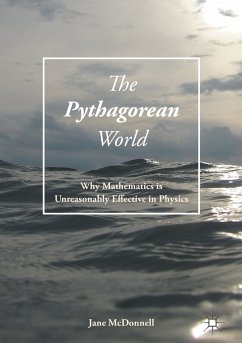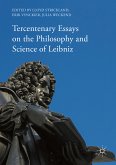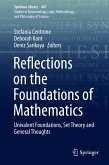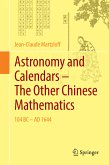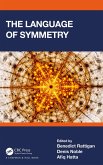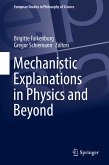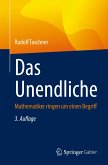The book begins by examining Wigner's paper on the unreasonable effectiveness of mathematics in the natural sciences. It argues that, whilst many issues surrounding the applicability of mathematics disappear upon examination, there are some core issues to do with the effectiveness of mathematics in fundamental physics which remain. The core issues are the existence of the laws of nature and our minds ability to fathom them, the use of formal mathematics in discovering things about the quantum world, the fact that deep mathematics is needed to describe fundamental physics, and the asymptotic nature of the quest for knowledge. These issues arethe focus of the book. The author seeks to explain them within a metaphysical framework that takes mind and mathematical structure as its fundamental principles. The framework - called quantum monadology - combines ideas from Leibnizian monadology, set theory, and consistent histories quantum theory.
Dieser Download kann aus rechtlichen Gründen nur mit Rechnungsadresse in A, B, BG, CY, CZ, D, DK, EW, E, FIN, F, GR, HR, H, IRL, I, LT, L, LR, M, NL, PL, P, R, S, SLO, SK ausgeliefert werden.

